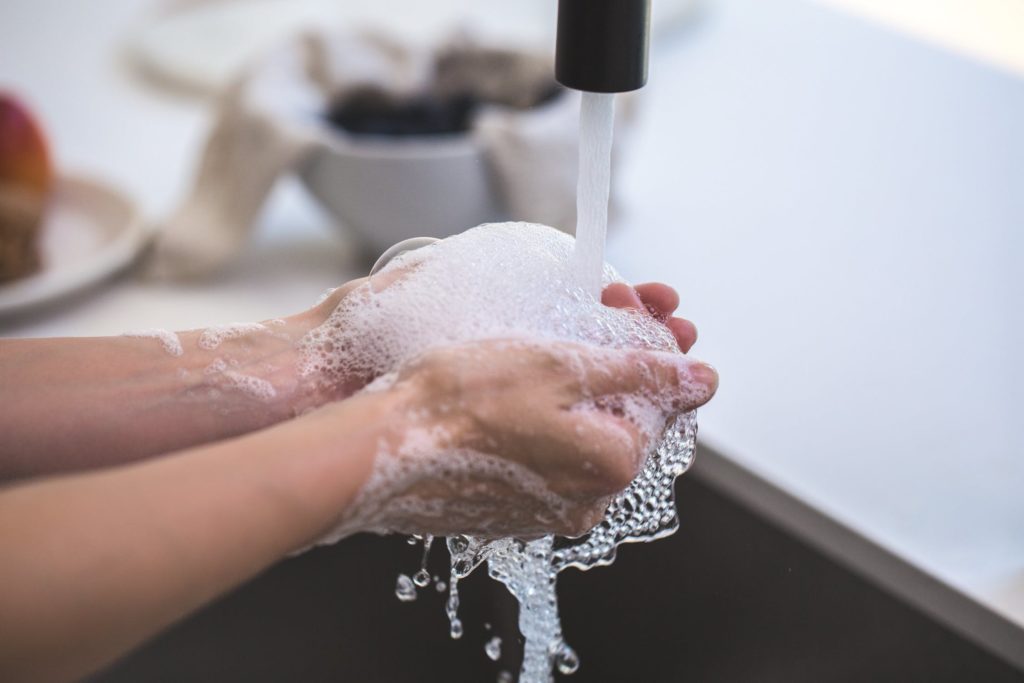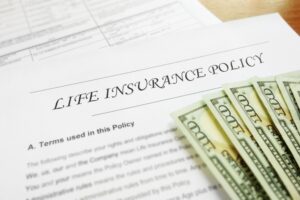There’s a lot of questions and uncertainty about the ongoing coronavirus situation, but we do know that one group is especially at risk and needs to take extra precautions: seniors.
The Chinese Center for Disease Control (which has been studying the virus since the outbreak began in Wuhan) found the fatality rate for people under 50 was 0.5%, but this number rose to 3.6% for individuals aged 60-69, 8% for elderly people 70-79, and 14.8% for people 80 years old and above. Many nursing homes and assisted living facilities are taking extra precautions to keep residents safe, but others should take measures to limit their exposure to the coronavirus.
To help protect you and your loved ones, we’ve compiled answers to common questions about the coronavirus along with prevention tips to help reduce your risk.
NOTE: This is NOT medical advice, please consult a healthcare professional for more information.
What is the coronavirus?
The “coronavirus” is the commonly used name for COVID-19, an infectious respiratory disease that emerged in Wuhan, China in December 2019 and has spread across the world in the following months. Although coronaviruses are a type of virus, the term is commonly being used synonymously with the COVID-19 strain. The disease has flu-like symptoms such as cough and fever, but can also cause severe respiratory issues such as difficulty breathing.
How does coronavirus spread?
The Centers for Disease Control and Prevention notes the coronavirus is spread mainly from person-to-person. Specifically, the virus may spread through close contact among individuals who are within six feet of each other and through respiratory droplets released when an infected person coughs or sneezes. Scientists believe the disease may be spread through surface contact (in which a non-infected person gets infected by touching an object that had contact with an infected person), but research is still being done to determine if and how long the virus can survive on materials.
One factor that makes the coronavirus especially dangerous, is that individuals may spread the virus without being aware they have it. Research indicates the coronavirus has a median incubation period (the time between when someone becomes infected and begins showing symptoms) of 5.1 days, however this can vary and some individuals may not show symptoms until 11.5 days or longer. Furthermore, the varying severity of symptoms may lead some individuals to believe they are only experiencing allergies or even the common cold. As a result, some people with no or minor symptoms may unknowingly be spreading the disease to others that are far more vulnerable.
Why are elderly people especially at risk for the coronavirus?
Older people are more at risk due to a compilation of factors. First and foremost, this population has a weaker immune system due to aging compared to younger adults—making them more vulnerable to infectious diseases. Additionally, this group has a higher likelihood of having a pre-existing condition such as heart or lung disease which can reduce their body’s ability to fight viral contaminants.
Although there is no current evidence to suggest elderly people are more likely to be infected by the coronavirus compared to younger counterparts, medical experts agree they are more likely to have severe, life-threatening symptoms if they do contract it.
Coronavirus prevention tips and isolation precautions
The high risk for elderly people means extra precautions should be taken to prevent infection. To help you and loved ones stay safe, here are precautions you should take to reduce your risk.
Avoid public places as much as possible
You’ve probably heard about the importance of “social distancing” which encourages people of all ages to avoid going out unless it’s absolutely necessary. Try to stay home and only go out for absolute necessities such as getting groceries. If possible, consider getting essential items delivered to your home or request curbside pick-up when you do go out. Public areas present a high risk for elderly people, as you may encounter an infected person or come in contact with surfaces they’ve touched which can pass the virus onto you.
Minimize close contact
If you do venture out into a public space, avoid close contact. The CDC recommends staying at least six feet away from all individuals to reduce your chance of getting infected through respiratory droplets. This means you should avoid gestures that may put you in direct contact with other individuals such as handshakes or hugs. Additionally, try to avoid touching commonly used surfaces such as elevator buttons and door handles if possible.
Wash hands thoroughly and avoid touching your face
Wash your hands anytime you go to a new location. When doing so, make sure you spend at least 20 seconds washing all areas of your hands up to the wrists with soap and water. Many experts suggest singing the chorus to a song you enjoy while washing to pass the time and make it a habit. If you go to a place where you are unable to wash your hands, use hand sanitizer to thoroughly sanitize. It’s estimated that people touch their faces about 23 times per hour, but you should avoid touching areas such as the eyes, nose, and mouth because they have mucous membranes that can enable contaminants to enter the body.
Stock up on essentials
Make sure you have adequate supplies so you don’t have to go out often. Rather than going for a weekly trip to the grocery store, see if you can get two or three weeks of supplies. Plan out your meals and purchase a little extra for occasional snacking. Some high-demand supplies such as toilet paper and hand sanitizer may be in short supply, so consider calling the store to ask when these will become available before heading out.
Exercise, eat healthy meals, and get plenty of sleep
Even while avoiding gyms and restaurants, it’s important to make sure you’re getting proper exercise and eating healthy. Rather than go to a crowded gym, try doing a combination of home exercises and taking a walk around your neighborhood. Exercise may help boost the body’s immune system and eating healthy meals will give your body the nutrition it needs to function properly. In addition to these healthy habits, make sure you get at least eight hours of sleep to help boost your immune system.
Keep in contact with loved ones
During this time of isolation, make sure to keep in contact with loved ones to check on them and let them know how you’re doing. While you should avoid visits to reduce your chance of exposure, communicate with friends and family through other means such as phone calls or video chatting.
Take Coronavirus Prevention Measures to Reduce the Spread of the Disease
The coronavirus presents a serious risk for elderly people, so it’s important to take extra precautions in order to reduce the risk of contracting the disease. Make sure to follow news outlets to receive updates and new information as more is learned about the coronavirus or check our comprehensive Coronavirus Resource Guide for Seniors. Whether you’re in the high-risk group or not, everyone can help reduce the spread of this disease by following taking these preventative measures.






